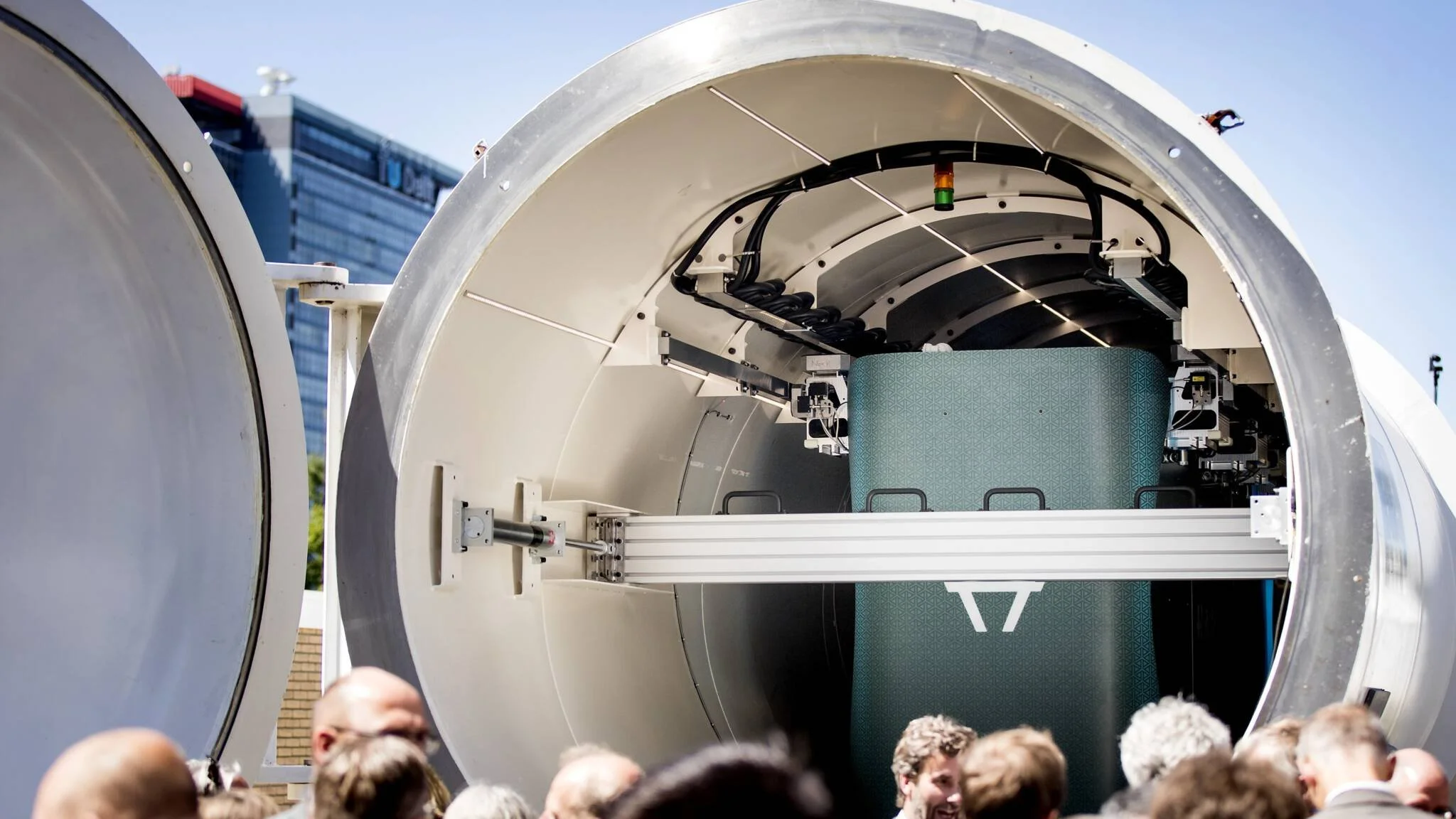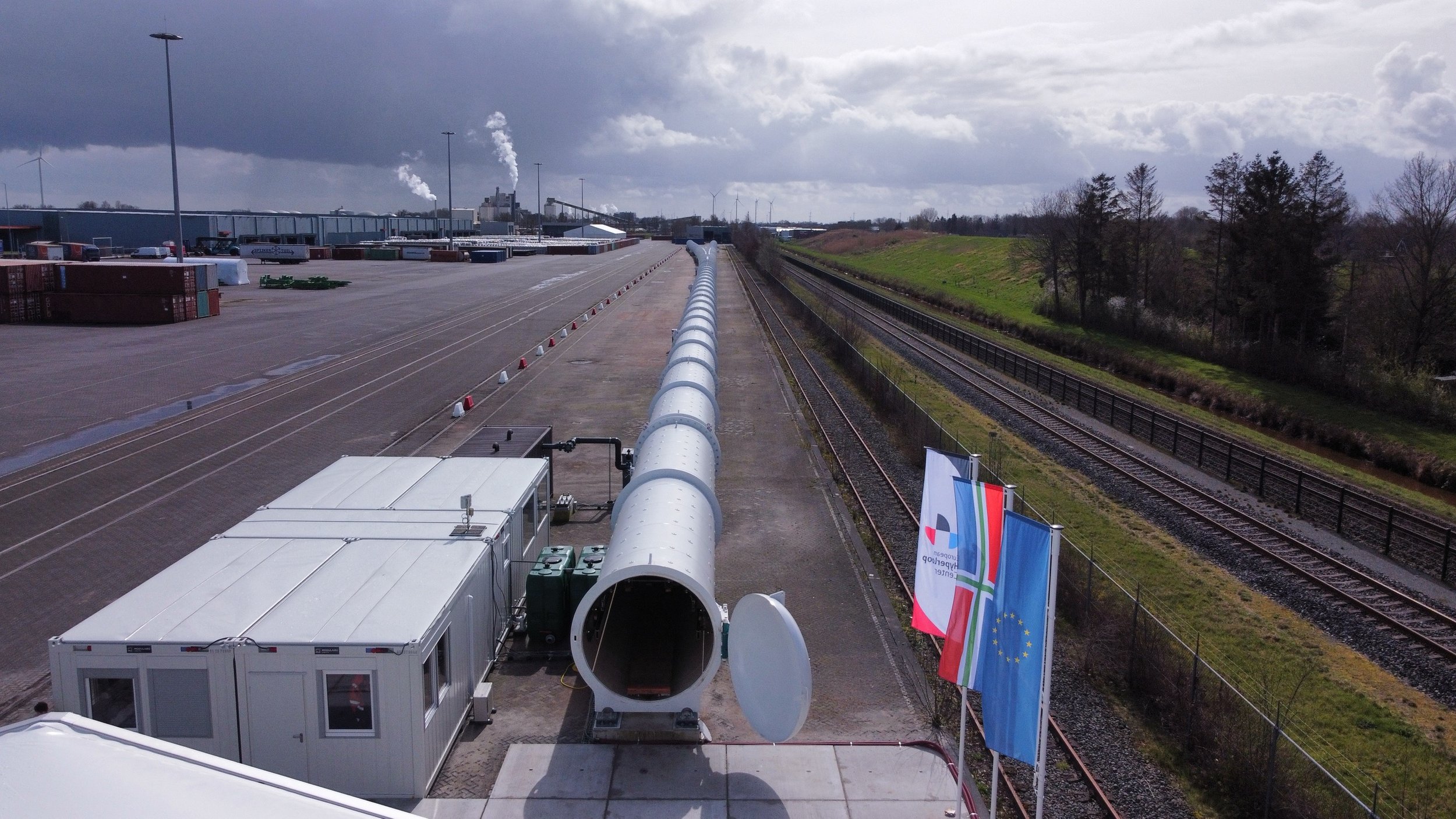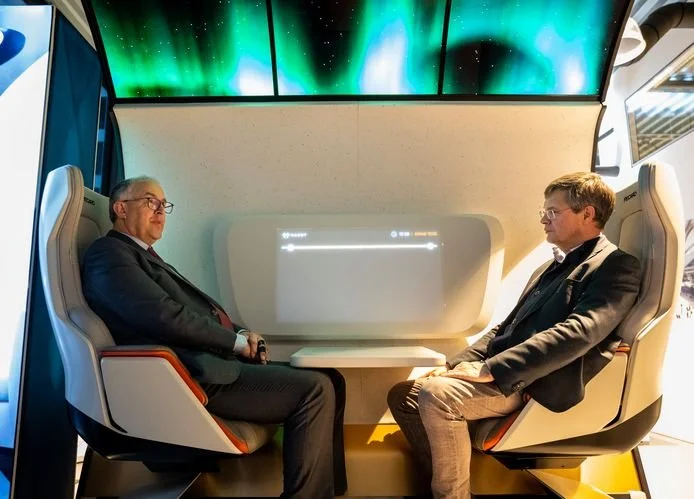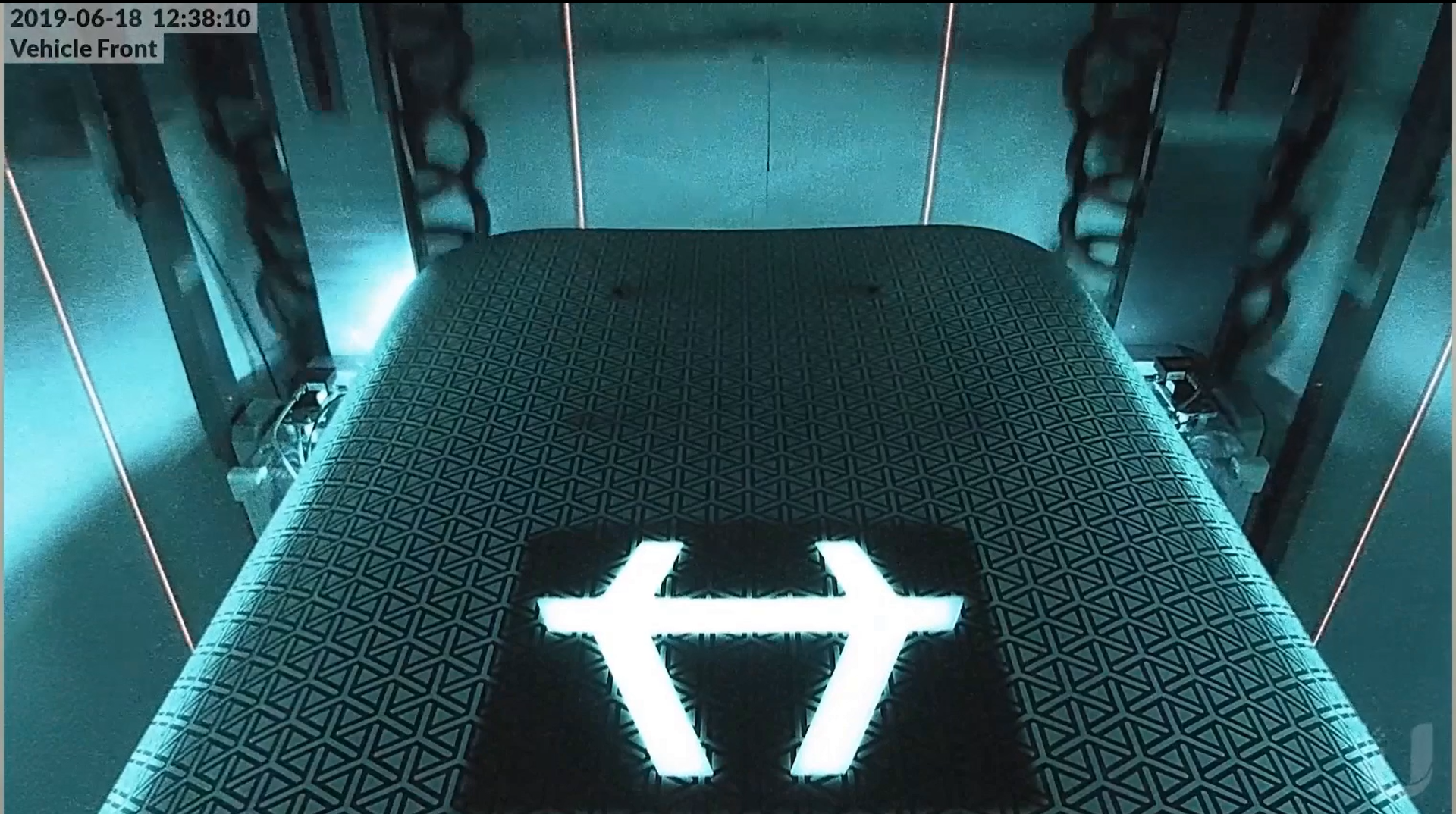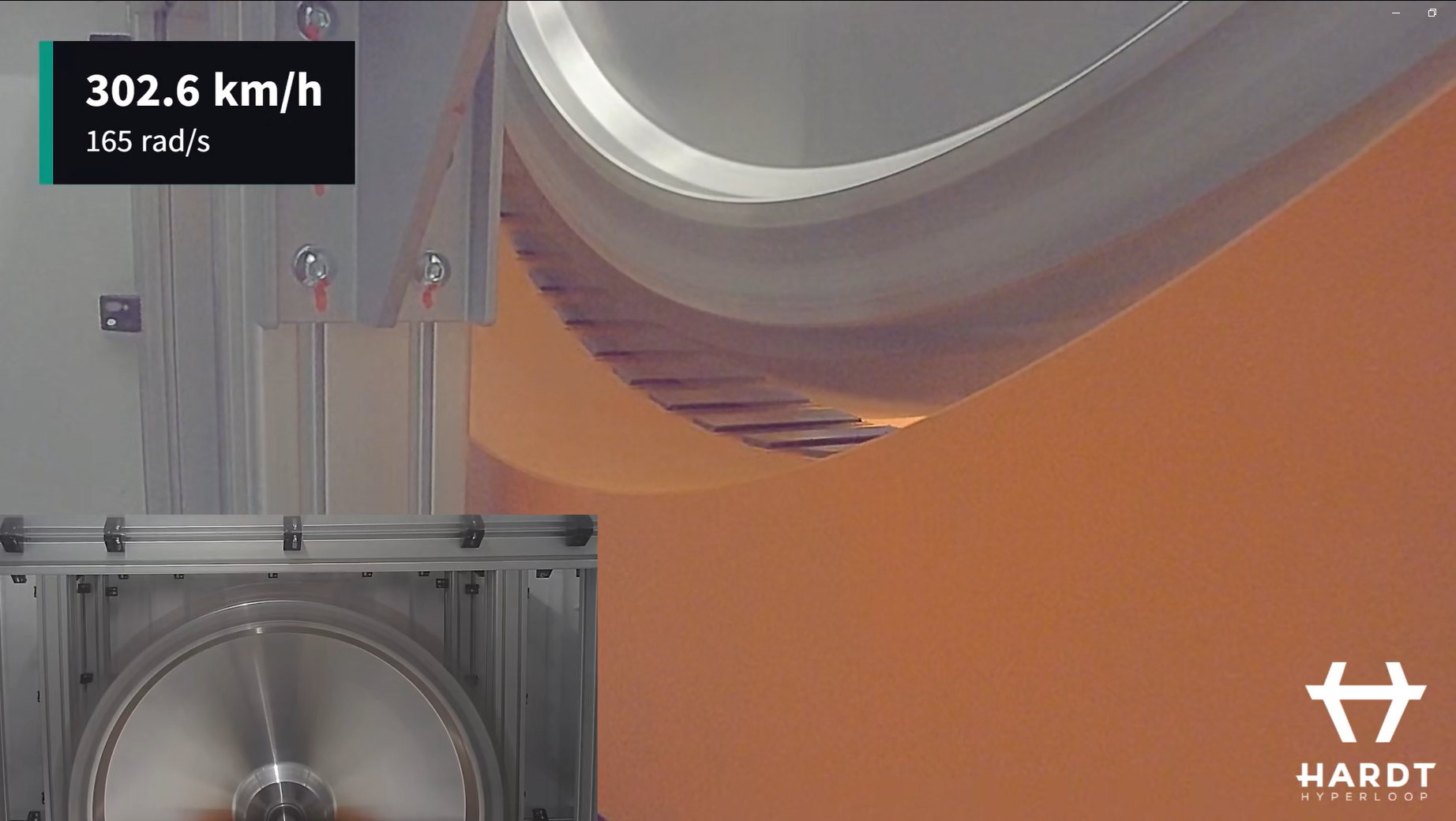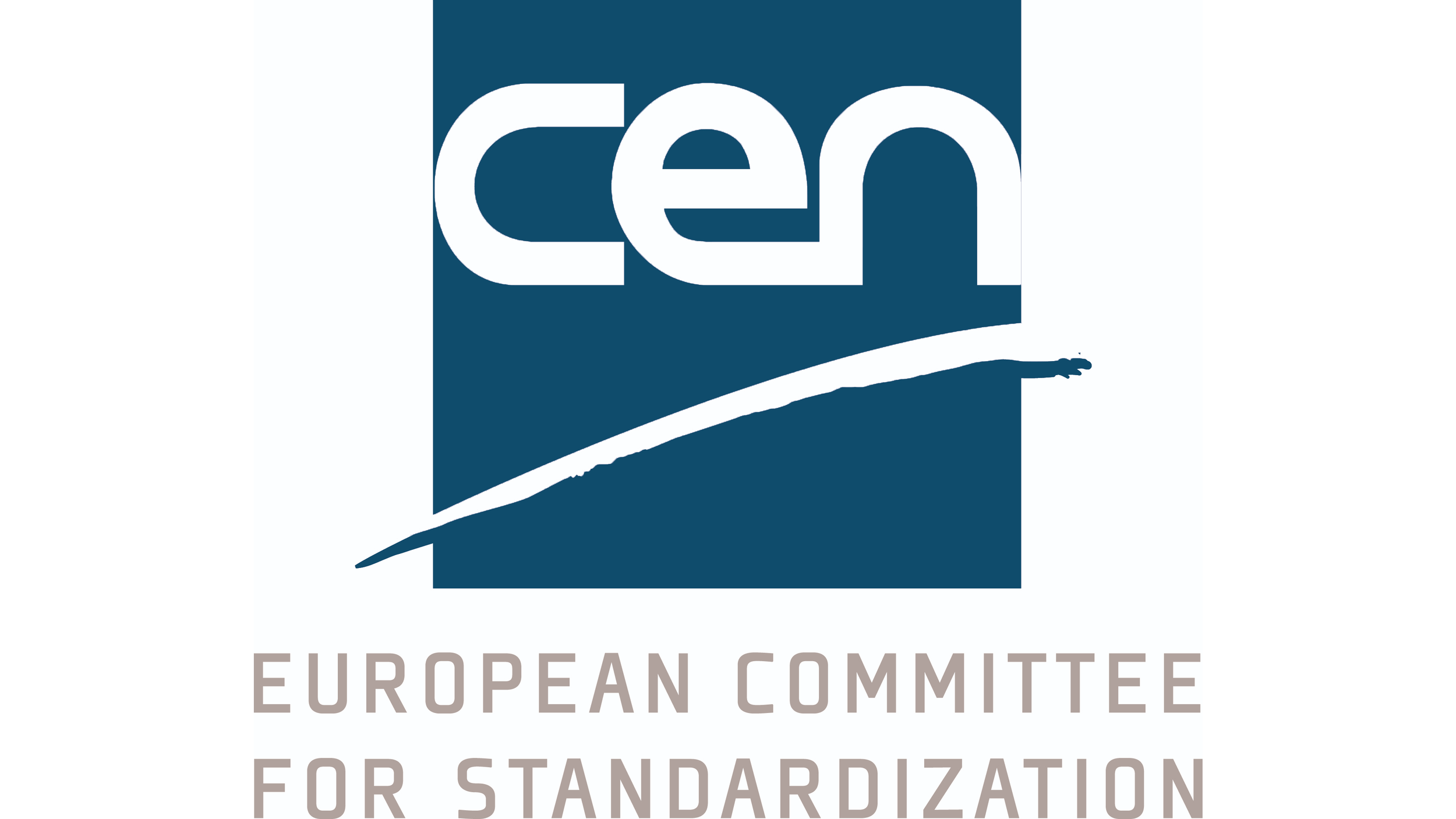A world where distance doesn’t matter.
Hyperloop is a transportation system where vehicles float on magnetic fields and move through low-pressure tubes. It is highly energy-efficient, using only 10% of the energy needed for roads and aviation, and 50% less energy than rail.
Why Hyperloop?
Not only does the hyperloop produce no noise, vibration, or pollution, but it also doesn't intersect with other infrastructures. Additionally, it can seamlessly blend into urban and natural surroundings. Overall, the hyperloop offers the most sustainable solution to meet the increasing demand for transportation.
High Speed
Hyperloop has a top speed of 700 km/hr, and average speeds of ~500 km/hr. Due to the low pressure environment inside the tube this is achieved with minimal energy usage.
Low Costs
Hyperloop infrastructure implementation costs are cheaper compared to high-speed rail due to the low land-use of the infrastructure and pre-fabricated infrastructure components. Operational costs are lower because of magnetic levitation, requiring minimal maintenance. This results in competitive ticket prices for passengers.
High Capacity
Hyperloop has short headways (seconds instead of minutes), offerin superior capacity up to 20.000 pax/h/direction. It enables more trips per hour compared to trains.
Our Products & Services
We provide application engineering and route development services
At Hardt Hyperloop, we provide services from application engineering to route development. We turn visionary ideas into sustainable solutions with a proven track record of successful reference projects and collaborations with industry-leading clients.
We supply hyperloop vehicles and traction solution
Traction Solutions are all the active components required on the vehicle and infrastructure for magnetic levitation, guidance, propulsion, and lane switching.
Hardt develops and provides those high-tech traction solutions to hyperloop projects worldwide.

We provide an open, passive infrastructure specification
We have initiated the European Hyperloop Center—an advanced open facility where Hardt, alongside other developers, will test hyperloop vehicles. This center acts as a hub for refining and validating the open specifications, allowing various stakeholders to contribute to the ongoing evolution of hyperloop technology.
We initiate, we mobilize, and we get things done
Join us!
-

Products & Services
We are ready to provide you with our vehicles and traction solutions, and be your technology partner in hyperloop projects.
-

Work at Hardt
We are always on the lookout for the top-talent on this planet. Do you have what it takes?
-

Invest
Invest in Hardt Hyperloop and take a share in the success of the company.







